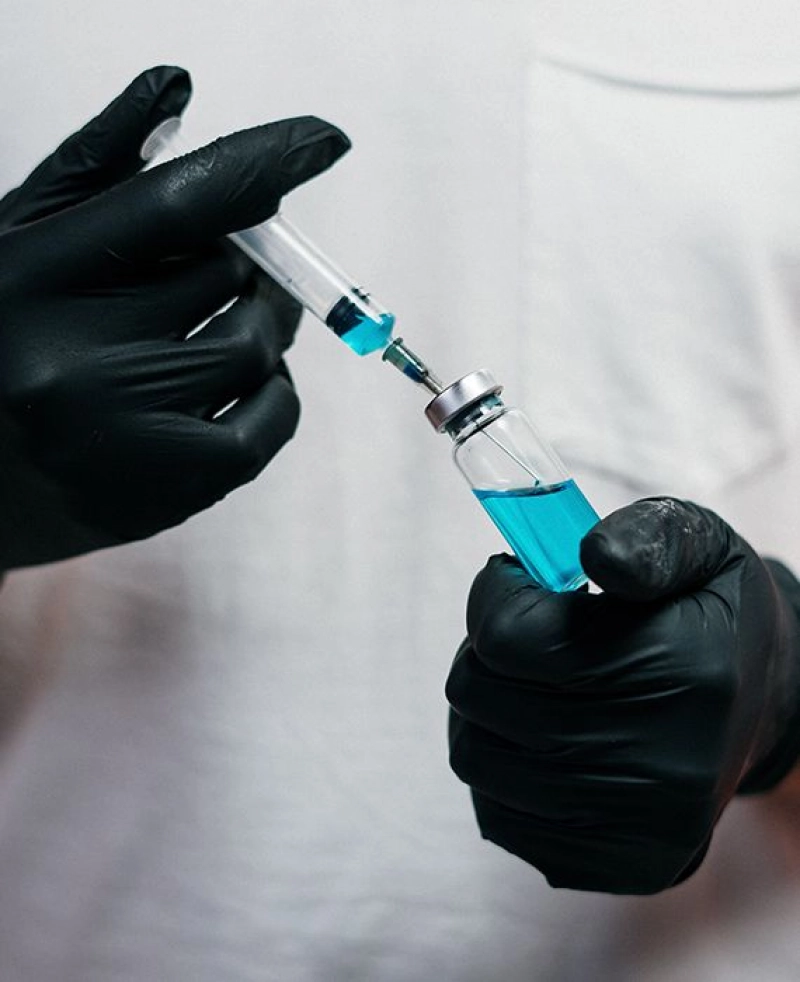By: Ankita Kulkarni
July 15 2020
False: Russia says it plans to launch the world’s first COVID-19 vaccine in mid-August 2020.

The Verdict False
The vaccine from Russia is not to be launched in August, as the participants who received the vaccine in June 2020 are to be monitored for 180 days.
The vaccine from Russia is not to be launched in August, as the participants who received the vaccine in June 2020 are to be monitored for 180 days.The COVID-19 vaccine developed by the Gamalei Institute of Epidemiology and Microbiology has not completed human trials. The first batch of eighteen volunteers received the vaccine on June 18, and the second group of twenty healthy volunteers had received the vaccine on June 23 at Sechenov University. The vaccinated volunteers have to spend 28 days in the hospital for protection from other infectious diseases. They are to be monitored six months after discharge, to consider the vaccine as safe for human consumption. There is no official confirmation from the Russian government regarding the launch of the vaccine in August. The latest announcement was on July 2 about the BRICS (Brazil, Russia, India, China, and South Africa) STI Framework Programme's dedication to research and development of drugs against COVID-19. The World Health Organization has listed the vaccine, named Gam-COVID-Vac Lyo, as one of the candidate vaccines under clinical evaluation. The Week in its article covers how the media story about Russia having finished human trials of the vaccine is untrue. The COVID-19 pandemic has given rise to a lot of potentially dangerous misinformation. For reliable advice on COVID-19 including symptoms, prevention and available treatment, please refer to the World Health Organisation or your national healthcare authority.


